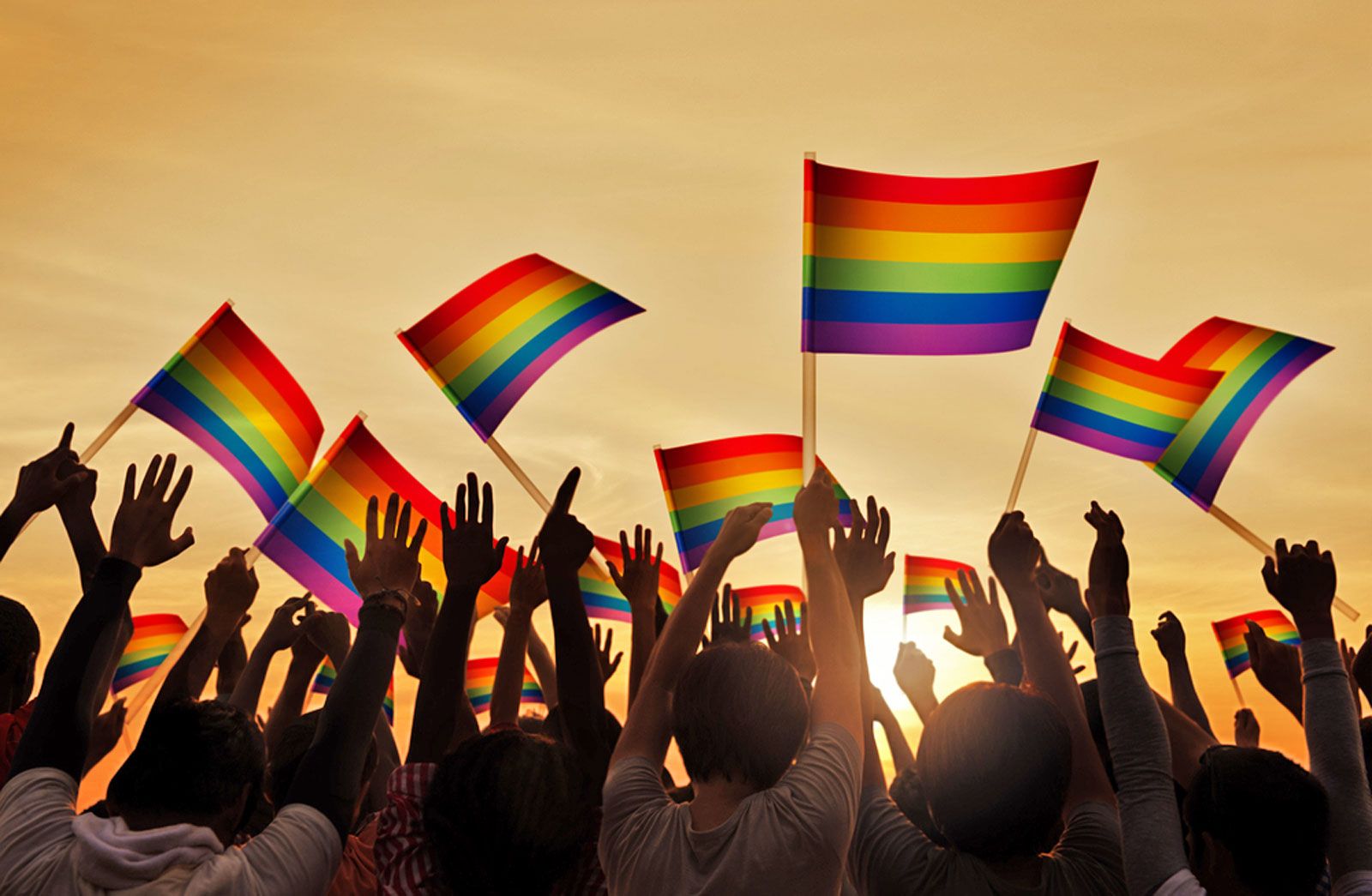The Namibia Diverse Women’s Association (NDWA) and the NMT Media Foundation released ‘The Digital Closet’ on 11 December 2024, a landmark study authored by Survey Warehouse’s Christiaan Keulder, exploring the profound effects of online hate speech on Namibia’s LGBT+ community. This comprehensive report is the first of its kind in Namibia, shedding light on the challenges faced by a community grappling with rising hostility in digital spaces.
The sobering findings include:
• Widespread Prevalence: Over 94% of respondents experienced hate speech online in the past year, with 59% subjected to intersecting forms of discrimination.
• Escalating Hostility: Hate speech incidents have increased, as noted by 69% of participants, particularly in comment sections of online platforms.
• Forms and Effects: Hate speech manifests as derogatory language (43%), harassment (34%), threats (34%), and doxxing (16%). Its emotional toll is immense, with 86% reporting distress and 45% noting mental health impacts.
• Gaps in Protection: Awareness of online safety measures (9%) and legal protections (18%) remains critically low, while satisfaction with responses to reporting hate speech is equally inadequate (48%).
“This report is a call to action for Namibia to confront the digital injustices inflicted on the LGBT+ community. The data vividly illustrates the human cost of neglecting online protections, and it underscores the necessity of addressing these harms as fundamental human rights issues,” Keulder said at the launch of the report on 11 December 2024 in Windhoek.
CONNECTING HUMAN RIGHTS TO THE DIGITAL SPHERE
The launch of ‘The Digital Closet’ on International Human Rights Day was no coincidence. Hate speech is a direct violation of fundamental human rights, including the rights to dignity, equality, and freedom from discrimination.
This report serves as a stark reminder that digital justice is human justice. The fight against hate speech is intrinsically tied to the broader struggle for human rights, underscoring the responsibility of states, civil society, and digital platforms to uphold these values.
Zoé Titus, Executive Director of the NMT Media Foundation and co-editor of the report, stated:
“Freedom of expression is a cornerstone of democracy, but it cannot come at the expense of human
dignity. This report is a clarion call to protect digital spaces from the corrosive effects of hate speech.
As we mark International Human Rights Day, we must reaffirm our collective commitment to building
a future where every voice can be heard without fear of harm.”As Linda Baumann, co-editor of the report, added: “Our digital spaces have become battlegrounds where dignity and equality are constantly under threat. On this International Human Rights Day, let us
commit to transforming these spaces into platforms of respect and inclusion, ensuring that no voice is
silenced by hate.”
This report is not just an academic exercise – it is a rallying cry for change. It invites Namibia to lead
by example, addressing hate speech not only as a legal issue but as a moral and societal imperative.

